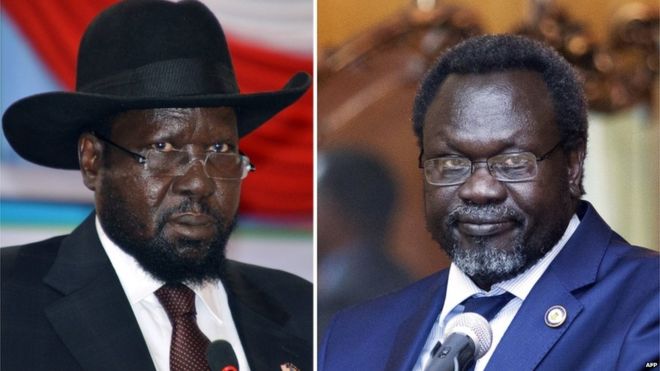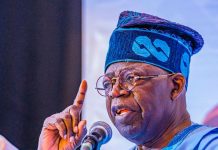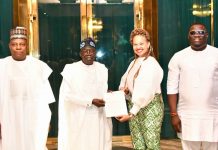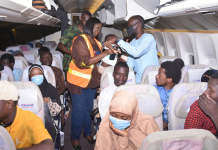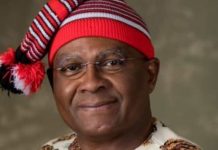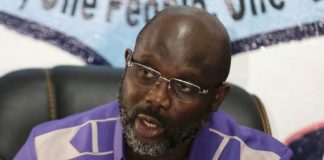South Sudan remains the world’s youngest nation. Naturally its affairs should attract the attention of political watchers in Africa and beyond. Africans at home and in the Diaspora have cheered the news that the country’s troops have withdrawn from the residence of the former Army chief, Paul Malong, a week after the standoff over his bodyguards sparked fears of fresh clashes in the capital, Juba. In a statement tagged “Giving peace a chance,” the spokesman for African-Americans in the US and the Diaspora, Smart Koning, said the groups are delighted about the peaceful resolution to the dispute over the number of bodyguards serving General Malong.
Mr. Koning said the group learnt that the government in Juba was worried that scores of troops had continued to hang around Malong’s house despite the order that he should release his bodyguards to return to their former duties. But a government statement had declared that “the withdrawal came about after Gen. Malong accepted (a) presidential order on reduction of his bodyguards,” the statement said. It said the troops were withdrawn after a “security review was undertaken which indicated lack of real security threat to the government in particular and residents of Juba in general (and) to reduce and eliminate uncertainty created by deployment of the security forces.”
According to Africans in the Diaspora, the welcome move was also an attempt “to build confidence between the government and Gen. Malong.” It believes that given the status attained by the former Army chief, the prolonged strife between him and the authorities would not augur well for peace in South Sudan. The ex-Army Chief is viewed as a hardline ethnic nationalist whose dismissal in May by President Salva Kiir had sparked fears of a clash between his supporters and troops loyal to the president, although that never materialized. The deployment of troops around his house last Friday saw people holing up at home for fear of clashes.
Malong, who belongs to President Kiir’s majority Dinka tribe, is widely regarded as the mastermind behind the fighting that erupted in Juba in July 2016 that killed hundreds of people. The clashes also crushed hopes of a power-sharing government between Mr. Kiir and Riek Machar, his former deputy, who turned rebel chief, representing the Nuer tribe.
South Sudan had been gripped by a brutal civil war that has lasted nearly four years. Initially matching the Dinka and the Nuer ethnic groups against each other, the conflict has been compounded, drawing in a variety of ethnic groups and grievances. The general, who is under house arrest, was one of three senior South Sudan officials who were hit by US sanctions in September on charges of fomenting and profiting from the civil war.
Canada followed suit last week, with Foreign Minister Chrystia Freeland explaining that the sanctions related to individuals “linked to human rights violations and corruption”. South Sudan gained independence after the Christian-majority south split from the Muslim north in 2011 following a 22-year civil war that killed hundreds of thousands of people.
But the world’s youngest nation quickly fell into civil war in December 2013 after President Kiir accused Machar of plotting a coup, with the conflict leaving thousands of citizens dead and forcing a third of its 12 million people out of their homes. As the prospects for peace in the polity brighten, Africans at home and abroad will keep heaving sighs of relief.






